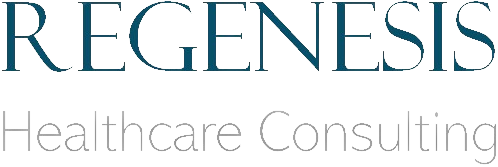Complete clinical service management.
Hospitals can adapt to evolving healthcare landscapes through process optimization, resource allocation, technology integration, and a patient-centric approach while maintaining excellence in musculoskeletal care.
Efficiency
Implementing streamlined workflows and optimize processes.

Quality
Continuous improvement through quality metrics and evidence-based practice. patient care and safety.
Profitability
Maximizing financial performance by aligning resource allocation.
Need For Consulting
Hospitals should engage consultants for several reasons:
Expertise Access
Hospital management consultants bring specialized knowledge and experience in healthcare administration, finance, and operations, offering insights and strategies tailored to address specific challenges within the hospital.
Objective Perspective
Consultants provide an external, unbiased viewpoint, allowing them to identify inefficiencies, gaps, and opportunities for improvement that may be overlooked by internal staff due to familiarity or organizational dynamics.
Change Management
Consultants offer guidance and support throughout the implementation of changes, helping hospital staff navigate transitions smoothly and ensuring successful adoption of new processes, technologies, or strategic initiatives.
Service Benefits
- Improved Efficiency
- Cost Reduction
- Enhanced Patient Care
- Strategic Planning
- Regulatory Compliance
- Quality Improvement
- Change Management
- Specialised Expertise
- Best Practices
- Risk Management


